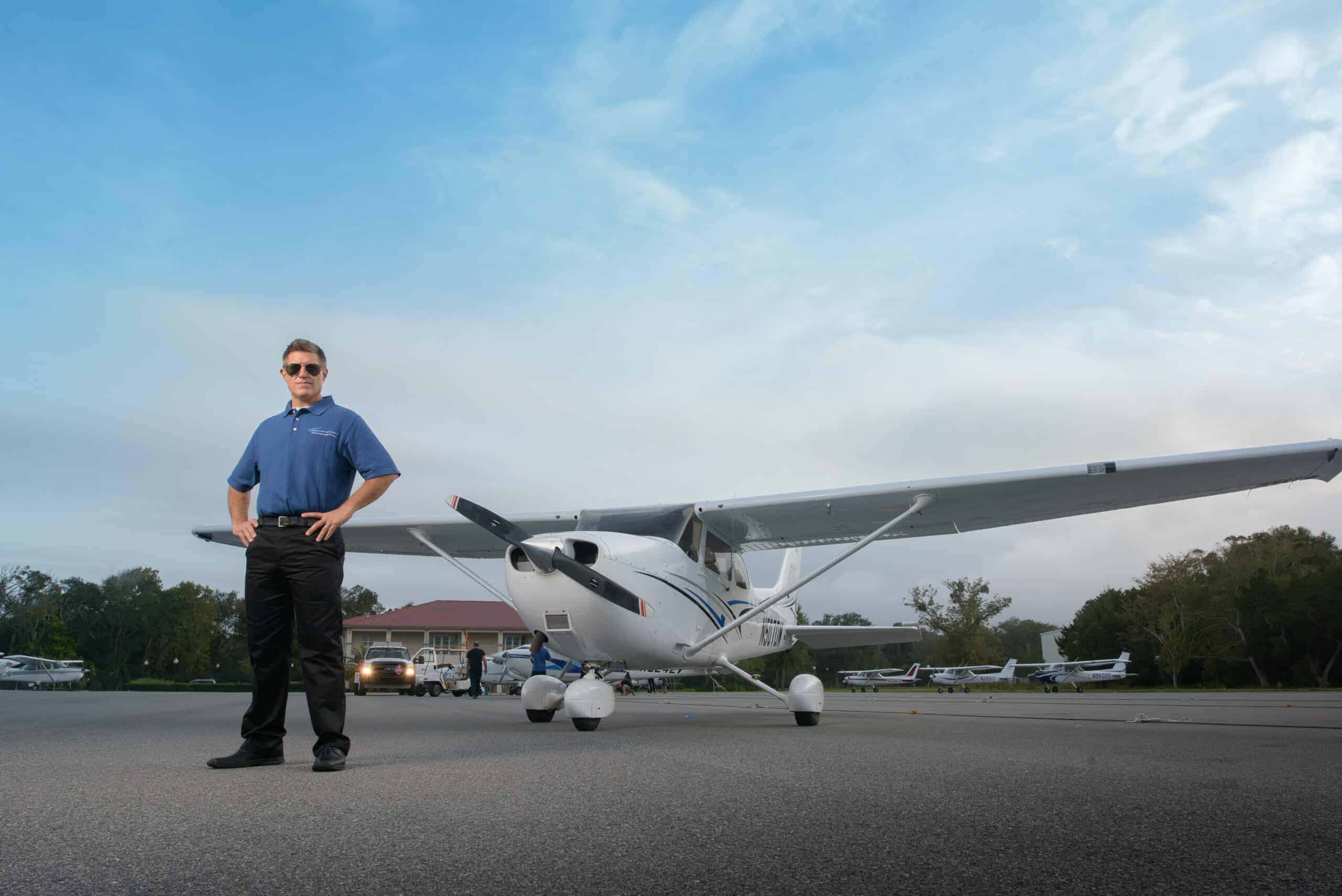For many, flying an airplane is not just an occupation it’s also a way of life. When that flight takes you to one of the largest and most well-known cargo transporters worldwide, the destination is even more significant. UPS pilots are responsible for more than just getting from A to B. They also must maintain safety and efficiency while under intense pressure, and play a essential role in international commerce.
You may be interested in flying or thinking about becoming a part of global logistics. Learn how you can become an UPS Pilot and learn about the requirements as well as the program for training, and the duties associated with this position.

Image credit: flightschoolusa.com
The role of an UPS Pilot: More than Flying
UPS Aviators, in contrast to commercial passenger pilots are responsible to transport important items such as packages and documents across international and national skies, frequently within tight deadlines. From managing complex weather systems to managing planes carrying high-value cargo these pilots work in a fast-paced, high-stakes environment. They’re also a part of UPS. UPS brand, which embodies professionalism as well as reliability and expertise.
UPS pilots have to be adept in everything from emergency protocols and pre-flight planning to communicating with the ground and air traffic controllers. The role demands precision flying and precise decision-making abilities, a sharp sense of ability to recognize situations, and a unwavering dedication to safety.
UPS Pilot Qualification Requirements Setting the bar high
UPS will not permit anyone else to manage its fleet. UPS pilot qualifications requirements are among the most rigorous of any industry in the cargo aviation sector.
At a minimum, applicants need to have a bachelor’s or master’s degree in aeronautics, aviation or another related field. In addition, they should hold an active FAA commercial pilot’s licence with both instrument and multi-engine ratings. The majority of UPS pilot candidates are between 2000 and 4,000 hours of flight time including experience in turbine powered aircraft.
Medical fitness is equally important. Pilots must meet FAA health standards. This includes a clear vision and ability to undergo comprehensive medical examinations. Candidates must also be U.S. citizens or have appropriate work authorization and fall within the age range of 23 to 65.
UPS places a high value on professional knowledge, expertise, and experience. These qualifications were developed to ensure that pilots are able to cope with the needs of international long haul operations and UPS’s track record of timely deliveries and security.
UPS Pilot Training: Preparing for the Real World
Even after meeting the qualifications, new hires undergo extensive UPS pilot training programs to prepare them for the unique demands of the company’s aircraft and routes.
Ground school is the initial step in training, during the course, pilots learn about UPS processes, systems and company expectations. In the next phase, simulation sessions are held that simulate real-world emergency situations and conditions for flight. Once simulator proficiency is achieved the pilots then begin Initial Operating Experience (IOE) real flights under the supervision of senior UPS pilots.
These programs of training go beyond technical skills. They prepare pilots for operational efficiency, crew coordination, and real-time problem-solving–critical components of UPS’s global delivery infrastructure.
How to become a UPS pilot: tracing your flight path
If you’re considering pursuing a UPS pilot job, your journey should begin with quality flight education. Accredited flight schools like Florida Flyers Flight Academy, offer a foundational education and hands-on experiences in aeronautics, navigation, and safety guidelines.
Then, you can increase your abilities by adding flights hours, particularly on turbine-powered aircraft. Also, you’ll be a stronger UPS candidate if you acquire experience in positions that are focused on teamwork, safety, or time-sensitive operations.
Final Thoughts – A career that provides more than Paychecks
Being a UPS Pilot isn’t an job that is easy. It requires commitment in technical knowledge and the ability to perform under pressure. But for those who meet the requirements, it’s one of the most rewarding aviation careers available offering competitive pay worldwide travel, security of employment, and the opportunity to play a an important role in maintaining the world economy smoothly. UPS’s cockpit may be perfect for those who want to fly with a reason.
